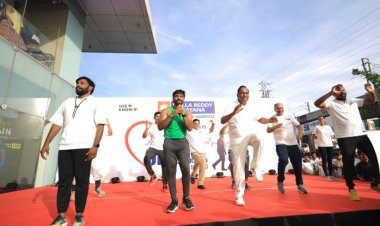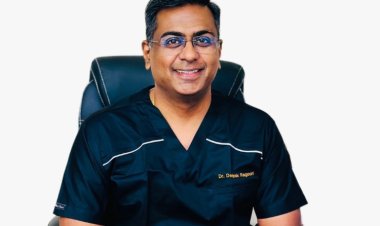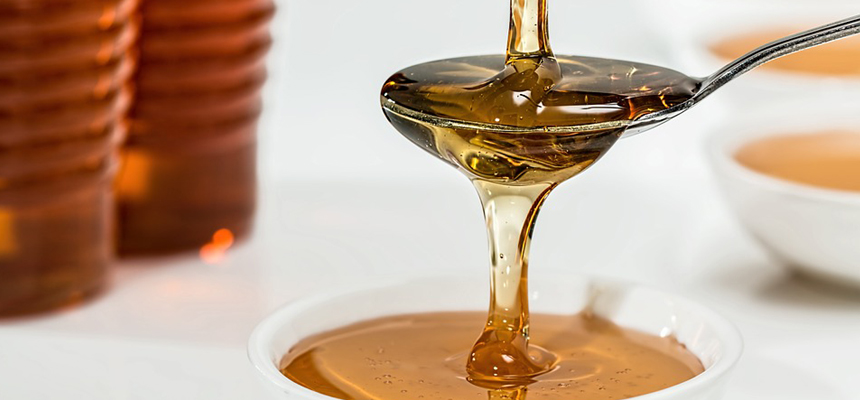Diet for Brain Stroke Patients

A brain stroke is a serious condition that can be life threatening for a patient. A stroke known as a brain attack, is caused by a blood vessel burst in the brain or when something interrupts the blood supply to a portion of the brain. Brain tissue either dies or sustains damage in either scenario. A stroke can result in death, severe disability, or irreversible brain damage. A well-balanced diet can improve the strength and control the weight of the patient. Eating right food can control the other health conditions of the patient like hypertension and diabetes. Ms. Bharathi Kumar, Dietician, Fortis Hospital, Nagarbhavi, Bangalore gives tips for an optimal diet for brain stroke recovery.

Ms. Bharathi Kumar, Dietician, Fortis Hospital, Nagarbhavi, Bangalore
1. What are the key dietary considerations for brain stroke patients in terms of preventing further complications and promoting recovery?
Stroke patients need a diet that promotes healthy blood vessels and brain function. This means focusing on foods that keep blood pressure, cholesterol, and blood sugar in check, all of which can contribute to stroke risk.
2. How does the diet need to be modified immediately after a stroke, and how does it evolve during the recovery process?
Immediately after a stroke, the priority is safe and easy swallowing. This might involve pureed or softened foods and thickened liquids. As recovery progresses, the diet gradually transitions to a balanced and heart-healthy plan.
3. Are there specific nutrients or dietary components that are particularly beneficial or detrimental for brain stroke patients?
For stroke recovery, focus on nutrient-rich options. Fruits and vegetables provide antioxidants, whole grains offer fibre, lean protein helps rebuild tissues, and healthy fats are crucial for brain function. Conversely, saturated fats, added sugars, and excessive salt can be detrimental.
4. What role does hydration play in the diet for brain stroke patients, and how should fluid intake be managed?
Proper hydration is essential for overall health and brain function after a stroke. The amount of fluids needed varies, but monitoring urine output can be a helpful guide.
5. Can you provide examples of foods that are recommended and those that should be avoided for brain stroke patients?
Fill your plate with fruits, vegetables, whole grains, legumes, fish (especially oily fish), lean meats, nuts, seeds, and low-fat dairy. Limit processed meats, fried foods, sugary drinks, pastries, red meat, butter, and full-fat dairy.
6. Are there any dietary restrictions or guidelines regarding salt, sugar, or fats for brain stroke patients?
Limit added salt to manage blood pressure. Reduce sugary drinks and processed foods to control blood sugar and inflammation. Choose healthy fats like olive oil, avocado, and nuts, while limiting saturated and trans fats.
7. How can dietary interventions help in managing risk factors associated with stroke, such as high blood pressure and cholesterol levels?
A heart-healthy diet rich in fruits, vegetables, whole grains, and lean protein can help manage risk factors like high blood pressure and cholesterol, lowering the chances of future strokes.
8. What strategies can be employed to ensure compliance with the recommended diet for brain stroke patients, especially considering any potential swallowing difficulties or altered taste perception?
Swallowing difficulties might require working with a speech therapist for safe swallowing techniques. Altered taste can be addressed by experimenting with herbs and spices, or consulting a registered dietitian for personalized advice.
9. Are there any specific dietary supplements that are recommended for brain stroke patients to support their recovery?
While research on specific benefits for stroke recovery is ongoing, consult a doctor before starting any supplements to avoid potential interactions with medications.
10. How do you collaborate with other healthcare professionals to ensure a holistic approach to dietary management for brain stroke patients?
Dietitians, doctors, and therapists collaborate to create a safe and personalized dietary plan that considers individual needs and preferences, ensuring a holistic approach to stroke recovery.
11. Any takeaway message you like to leave for our readers?
A healthy diet is a powerful tool for stroke recovery and preventing future complications. Work with your healthcare team to create a sustainable and enjoyable plan that supports your well-being on the road to recovery.

 Disclaimer: Welthi.com does not guarantee any specific results as a result of the procedures mentioned here, and the results may vary from person to person.
Disclaimer: Welthi.com does not guarantee any specific results as a result of the procedures mentioned here, and the results may vary from person to person.









